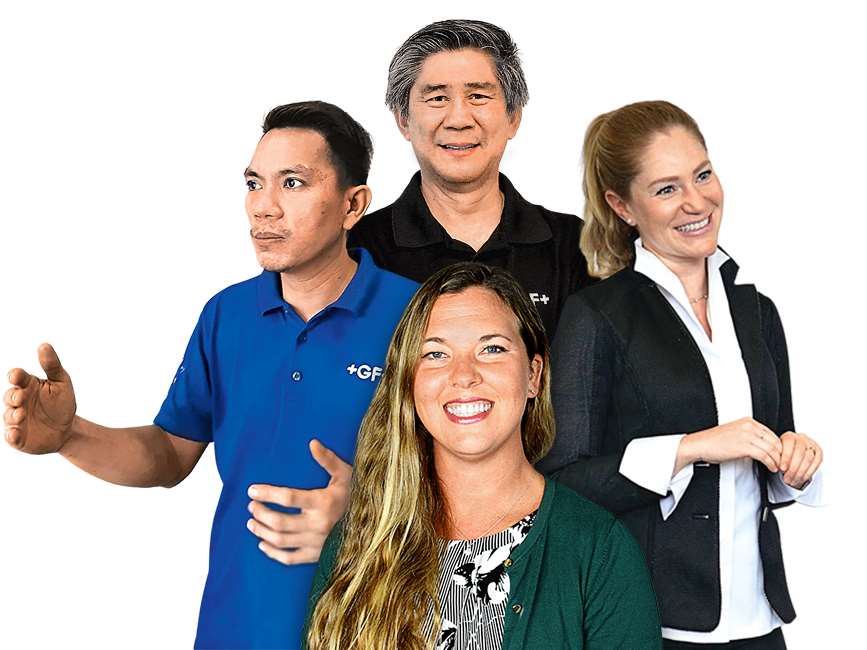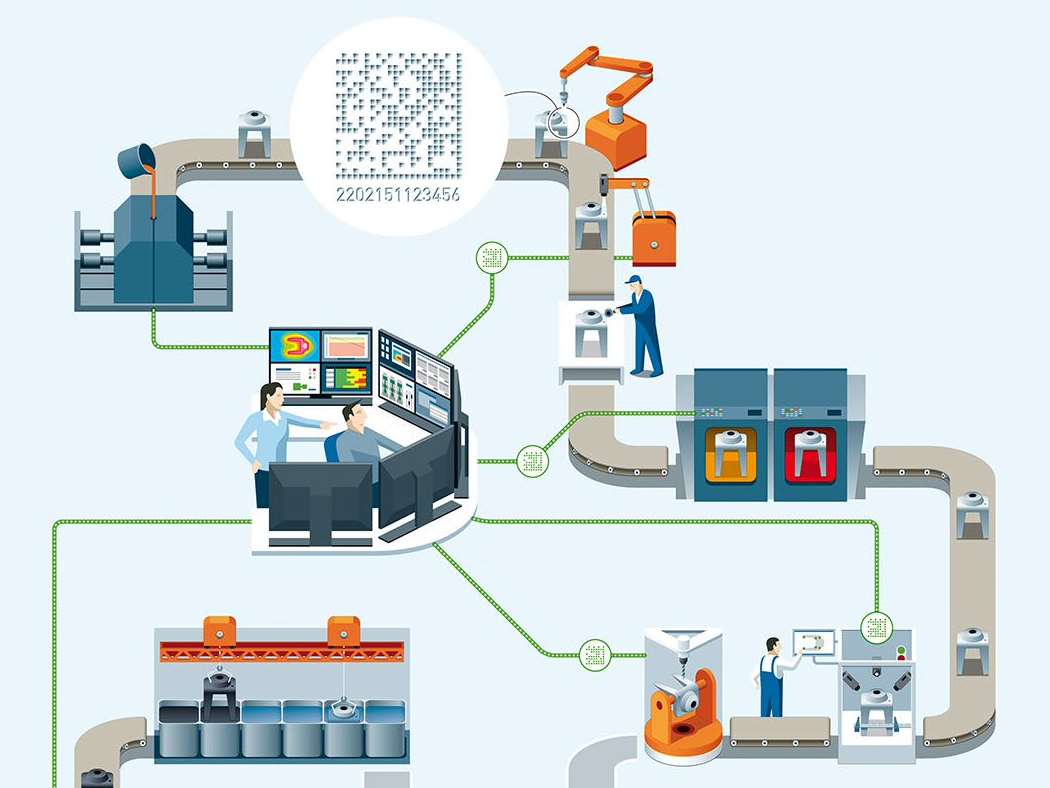“We have to recognize the potential of AI”
Ole Wintermann has been researching how we will work in 2050. In this interview, he discusses why we must be open to artificial intelligence.
Dr. Wintermann, your study “Work 2050” summarizes the findings of 300 experts researching changes in the working world around the globe. You outline three possible scenarios: an optimistic future in which humanity redefines itself through the use of machines, a pessimistic vision involving job scarcity, and a more moderate middle ground. What do these scenarios have in common?
Dr. Ole Wintermann
Position: Senior Project Manager at Bertelsmann Stiftung in Gütersloh (Germany)
Background: Political scientist and economist
Expert in: Future of work, globalization and sustainability, digitalization and society, author of the study “Work 2050: Three Scenarios.”
Ole Wintermann: What connects all three is the increasing prominence of artificial intelligence (AI) in the world of work. Someone working in a warehouse, for example, can use augmented reality to perform tasks for which they have received no formal training. In an office job with a high routine content, AI can provide support, for example in the form of chatbots. Jobs that deal primarily with numbers, such as in finance, could also be supported or done by AI.
What does that mean for our work in the coming decades?
We will all adapt to the changes. The important thing is to be open to new technologies. If employees are to be expected to hone and augment their digital skills, employers should support them on the path to digital working. This will have to be underpinned by a collaborative culture that rewards openness to change and professional development.
And what can employees themselves do?
Practice self-management and ask themselves: What can I do on my own? In which areas might AI be able to benefit me and help me to achieve better results in my work? Employees should then use these digital tools or actively ask their employer about them. Their own inner attitude is crucial.
Will employees in production be especially impacted by the use of new technology in the future?
The introduction of robots has been going on since the 1970s. I have the impression that it will no longer be a question of robots replacing human employees. In that area we have already fully tapped the potential for increased efficiency.
Do our colleagues in production have an advantage because they are further along in that journey while office employees are only just starting out?
That is exactly the point. Routine work in particular can increasingly be replaced by technological innovations. Every employee should be considering their tasks and honestly evaluating those areas of their jobs that could be replaced by artificial intelligence. That way, they can determine where I want to seek further training to change my tasks accordingly and enhance my qualifications. As for the question of which scenario will ultimately come true, that depends on the extent to which employees are empowered or take the initiative to adapt to AI. We have to recognize and capitalize on the potential of artificial intelligence.
Read the other Spotlight articles here:
Smart solutions for the future
Using intelligent solutions in an intelligent way – the feature story for this issue’s Spotlight explains how intelligent digital tools and artificial intelligence are used in every GF division.
Working smarter
This is what CEO Andreas Müller has to say about the current Spotlight topic "Smart Solutions."
Artificial intelligence in the workplace: blessing or curse?
What are the pros and cons of artificial intelligence (AI) and digital tools in the workplace? Employees from different regions share their answers.
A special code for GF Casting Solutions
The data matrix code is revolutionizing the production of lightweight components at GF Casting Solutions. An infographic explains how this amazing code works.



